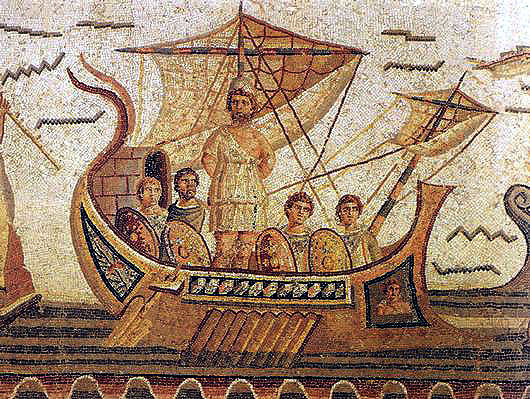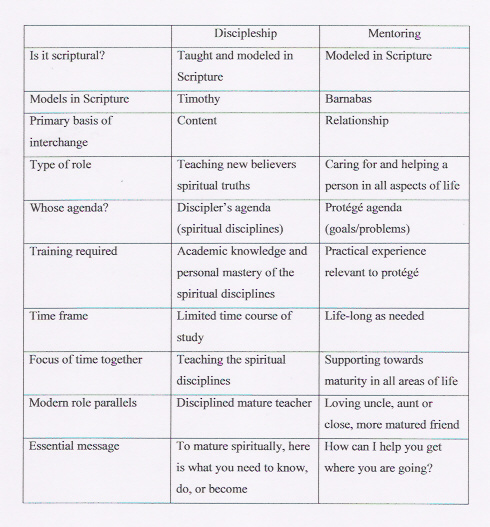
Alex Tang
Articles
- General
- Theology
- Paul
- Karl Barth
- Spiritual Formation
- Christian Education
- Spiritual Direction
- Spirituality
- Worship
- Church
- Parenting
- Medical
- Bioethics
- Books Reviews
- Videos
- Audios
- PhD dissertation
Spiritual writing
- e-Reflections
- Devotions
- The Abba Ah Beng Chronicles
- Bible Lands
- Conversations with my granddaughter
- Conversations with my grandson
- Poems
- Prayers
Nurturing/ Teaching Courses
- Sermons
- Beginning Christian Life Studies
- The Apostles' Creed
- Child Health and Nutrition
- Biomedical Ethics
- Spiritual Direction
- Spiritual Formation
- Spiritual formation communities
- Retreats
Engaging Culture
- Bioethics
- Glocalisation
- Books and Reading
- A Writing Life
- Star Trek
- Science Fiction
- Comics
- Movies
- Gaming
- Photography
- The End is Near
My Notebook
My blogs
- Spiritual Formation on the Run
- Random Musings from a Doctor's Chair
- Random Sermons from a Doctor's Chair
- Random Writings from a Doctor's Chair
- Random Spirituality from a Doctor's Chair
Books Recommendation
---------------------
Medical Students /Paediatric notes
Sacred Companions on the Way: Mentoring in Spiritual Formation
Dr Alex Tang

In Homer’s great epic, the Odyssey, Odysseus, a Greek king set sail for the siege of Troy, leaving behind a young wife and an infant son, Telemachus. However, he also left behind his trusted friend to instruct, train and guide his son to be the future king of his kingdom. “I leave with you this son, whom I so tenderly love; watch over his infancy if you have love of me, keep flattery far from him; teach him to vanquish his passions.”[1] This man’s name was Mentes (Greek) or Mentor. Thus the word mentor entered the English language. A mentor, as defined by the Merriam-Webster online dictionary is a trusted counselor or guide. A person that is being mentored is called a protégé.
If I am to invite you to suggest the greatest mentor in the New Testament aside from Jesus, whom would you choose? I believe most of you will choose the apostle Paul. My vote is for Joses or Joseph of Cyprus. This unassuming man, after knowing Jesus Christ, sold part or all of his lands in Cyprus and donated the proceeds to the church in Jerusalem. He stayed on in Jerusalem and had such a wonderful reputation that they called him, Barnabas which translates as the Son of Encouragement.
It was Barnabas who chose to be a mentor to Paul when he first came to Jerusalem to meet the church there. The church was understandably suspicious of their enemy persecutor now turned friend. It was Barnabas who sponsored Paul and won the confidence of the rest of the apostles (Acts 9:26-27).
Barnabas and Paul were sent out in a missionary venture and it may have been Barnabas who convinced the companions that joined then in Paphos that Paul was trustworthy (Acts 13:13). When disagreement occurred between Paul and Barnabas over giving John Mark a second chance, it was Barnabas who took John Mark under his wings (Acts 15:36-38). Later Paul came to depend on this young man. I believe that it was due to the mentoring of Barnabas that Paul became such an effective mentor himself. He proved that when he wrote as a mentor to Timothy, “And the things you have heard me say in the presence of many witnesses entrust to reliable men who will also be qualified to teach others” (2 Tim. 2:2). Without Barnabas, Paul may not have such a profound influence in the development of the early church.
After Barnabas has mentored Paul, Paul started mentoring a large number of protégé. One of Paul’s strategies was to mentor protégé from different parts of Asia Minor. At one time, Paul’s entourage consists of 9 men: Sopater (Berea, Macedonia), Aristarchus and Secundus (Thessalonica), Luke (Philippi), Gaius (Derbe, Galatia), Timothy (Lystra, Galatia), Tychicus and Trophimus (Ephesus, Asia) and Titus (Achaia).When Paul’s protégés return home, they can effectively spread the gospel. Hence with such precedence set in the early church, it was surprising to discover that mentoring is not commonly done in our churches nowadays. Instead mentoring has become popular in the secular world, especially amongst management circles.
How is mentoring different from discipleship?
Discipleship is different from mentoring as the table below shows:

(modified from Biehl 1996, 29-30)
As we can see from the table above, discipleship then to be narrower in its objectives while mentoring is broader and helps to develop a more holistic person. This involves a long time and is not so objective orientated as discipleship. Basically mentoring is a more mature Christian helping a younger Christian grows spiritually, emotionally and mentally through the stages of his or her life. It is a long term commitment. As someone once commented, “We can help develop a spiritual life on mile wide and one inch deep or one inch wide and one mile deep.” Mentoring is building a spiritual life that is one mile deep.
To show how mentoring can fit into our ministry, Bobb Biehr who have consulted with the various ministries of Campus Crusade for Christ since 1980 has this to say:
In a year’s time, you may see three-hundred students come to Christ in your Campus Life program. Out of this three-hundred you will probably have thirty that become involved in a leadership program in which you will disciple them over a year’s period in the Ten Steps to Maturity. But when the year is up, you may say, “God bless you. Go in peace!”
This is great! You do wonderful work!
But consider what would happen if you were to choose one to three students out of your discipleship thirty who you think have the most long-term potential, the greatest heart for God, or the highest potential to lead all of Campus Crusade someday and say to them, “I’d like to be one of your life mentors.” Mentoring can be a logical extension of the discipling process for a few students per year, and the discipling can continue.[2]
Mentoring means building deeply into a few disciples you have made for more lasting influence. It may be considered an extension of the many discipleship programs available. Mentoring builds up spiritual maturity in life situations and stages of our life.
In some cases, mentors choose the persons who they want to mentor and approach them. In other situations, Christians who want to develop in their spiritual life seeks out mentors to help them.
The Mentoring Process
The mentoring process is a process of spiritual formation both in the mentor and the protégé. Frequently mentors have shared that they have learnt as much from their protégé as their protégé have learnt from them. Mentoring is not a teaching program but a sharing of life experiences. Often it involves spending time together and the protégé sharing what problems or difficulties he or she is facing at this moment. The mentor then share out of his or her own life experiences in similar situations. Eugene Peterson wrote, “The life of Christ emerges from within the actual circumstances of our seemingly very unspiritual lives- the daily stuff of ordinariness and accidents and confusion, good days and bad days, taking the humdrum and the catastrophic both in stride.”[3] The mentoring process should also be saturated by prayers and study of the Word. In any mentoring process there are three parties present: the mentor, the protégé and the triune God. Both the mentor and protégé need to learn to be sensitive to the leading of the Holy Spirit who will lead them into depth and mysteries of God in everyday life.
Conclusion
Good mentors are hard to find. A good mentor can make a lot of difference in our spiritual formation and helps us discern the presence of God in our lives. Mentoring can help to facilitate our spiritual growth with the Holy Spirit. The church needs a great numbers of good mentors- godly, matured men and women who are willing to invest their lives in a few younger people. What a difference that will make in the expansion of the Kingdom of God. Soli deo gloria
[1] Quoted in Houston, James M, 2002, The Mentored Life: From Individualism to Personhood (Colorado Springs: Navpress) p.33
[2] Biehl, Bobb 1996, Mentoring: Confidence in Finding a Mentor and Becoming One (Nashville,TN: Broadman & Holman Publishers) p.31
[3] Peterson, Eugene, 1998, The Wisdom of Each Other: A Conversation Between Spiritual Friends (Grand Rapids, MI: Zondervan) p. 53
|posted 15 January 2007|